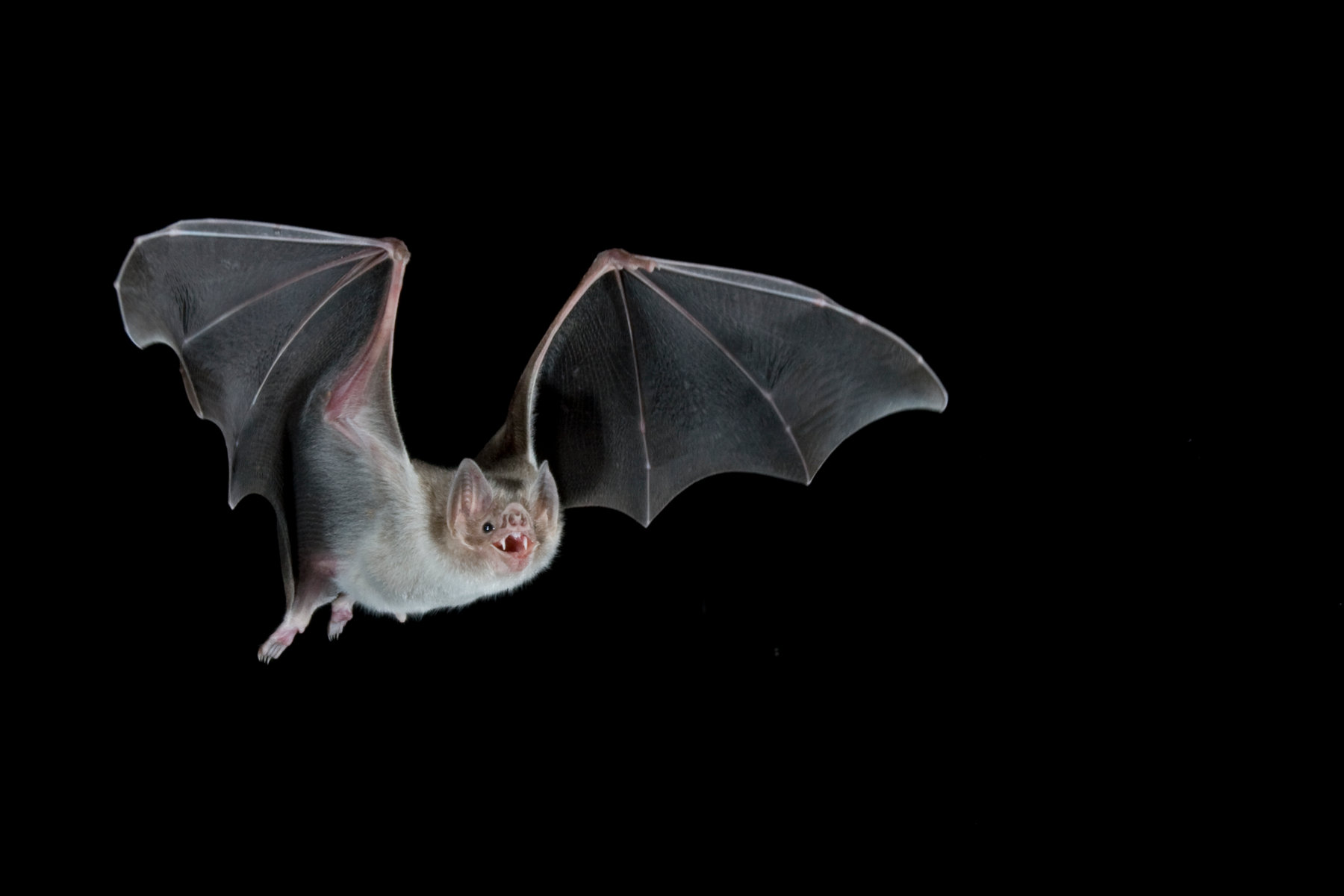Scientists Discover That Vampire Bats French Kiss with Mouthfuls of Blood to Deepen Social Connections
There are all sorts of strange habits that animals do to form and grow social connections. Birds dance, elephants use watering holes. Vampire bats share blood-covered “French kisses.”
You read that correctly, according to a recent study, researchers found that a social ritual among blood-sucking vampire bats involved sharing mouthfuls of blood. Sounds like a heavy metal fan’s dream. A new study of this behaviour described by the study’s authors as “visually resembling a sort of French kiss”.
“Food sharing in vampire bats is like how a lot of birds regurgitate food for their offspring,” said the author of the study. “But what is special with vampire bats is they do this for other adults, eventually even with some previous strangers.”
The research group studied a group of vampire bats – Desmodus rotundus, the only species of bats in the world that feasts on mammal blood – made up of two sets of roosts. These roosts came from entirely separate geographies, making it unlikely that any of the members of the two roosts knew each other.
Once the two sets of vampire bats were introduced, researchers assessed their behaviour over the span of 15 months. Initially, the social bonding began with unfamiliar members grooming each other, a common social exercise observed in other species like primates.
Then, presumably, after the bats became more comfortable with their new group, they moved on to another social practice that was less common: exchanging blood meals. Not only did the vampire bats share meals, but they also did it through direct contact between their mouths.
Even more surprisingly, nearly 15% of the studied bats were taking park in this social practice with a previously unfamiliar partner.
Both the social ritual of grooming and sharing food provide necessary uses among animals within a shared group. Grooming helps the bats get rid of parasites from their skin which slows the spread of a variety od diseases. Meanwhile, sharing food is essential to prevent members of the group from starvation.
In the case of vampire bats, they need to drink bloody once every three days. “we go from bats starting as strangers from different colonies to groupmates that act to save each other’s life,” the leader of the study says. But researchers think these social rituals offer more than convenience.
“Even if you remove all ectoparasites from their fur, they still groom each other more than necessary for just hygiene,” the study leader pointed out. “We think of social grooming as a kind of currency – a way to gain tolerance and bond with another individual.” The study expert continued to say.
These acts of mutually beneficial behaviour between animals of the same group suggest a tactical way to assess a potential friend or mate before fully committing to that relationship. This approach for developing relationships was first noted in the journal Nature back in 1998, as the study leader explained, I think it makes a fair amount of sense.
Testing the water allows these bats to understand if the other bat they are investing in is willing to give back in the relationship. If the other bat is not interested, then they have not lost a lot and they can move onto other potentially fruitful relationships that will strengthen the group.
This strategic relationship building could explain why the vampire bats began their bonding through grooming instead of moving to a more substantial ritual like blood meal sharing. Further study of these interesting vampire bats is ongoing. Uncovering more their societal practices could provide context for why these vampire bats are few and fair between but strong in their groups.

